It's over 10 years ago that Newsweek's Leah McGrath Goodman wrongly identified Dorian Nakamoto as the creator of Bitcoin, so I guess we're due for another attempt from the mainstream media. Tomorrow, HBO will show Cullen Hoback's documentary Money Electric, which promises to reveal who Satoshi Nakamoto is or was. Here I want to give some context, to help you weigh the credibility of the director and the current predictions of who he'll point out. The documentary will be broadcast tonight at 9 PM EST (that's Wednesday 2 AM CET). Hoback warned that there might be spoilers in the news media today, since he showed a preview to "several well respected journalists".
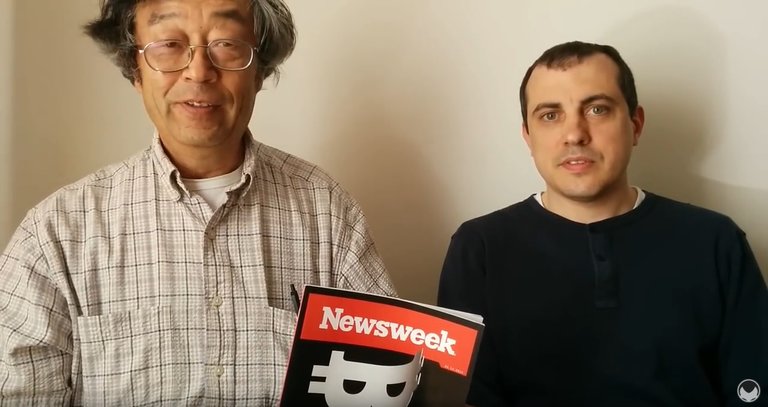
Dorian Nakamoto with Andreas Antonopoulos
I don't want to answer the question "Who was Satoshi?" – not just for security reasons, but also because the project has been developed so far by others that it doesn't make sense to credit one person. Most crypto projects don't even use Bitcoin's proof-of-work mining. I started writing this post after seeing that some people here trusted a claim based on no new evidence. I wanted to throw cold water on that. The questions I do want to discuss here are:
- Can Cullen Hoback be trusted?
- Which clues did he give so far?
- Is Polymarket predicting who'll be named?
Can Cullen Hoback be trusted?
Hoback previously directed Q: Into the Storm, which revealed who were behind the pseudonymous right-wing prophet Q, who posted on the message board 8chan (later known as 8kun). Personally, I trust his main source, former 8chan admin Fredrick Brennan, who has a history of being painfully honest. Their findings were confirmed by stilometry research commissioned by The New York Times. On the other hand, this doesn't tell us much about his research skills, since he was handed most of the evidence on a platter by Brennan, who also tricked the site's owner Jim Watkins and his son Ron into agreeing to be interviewed.
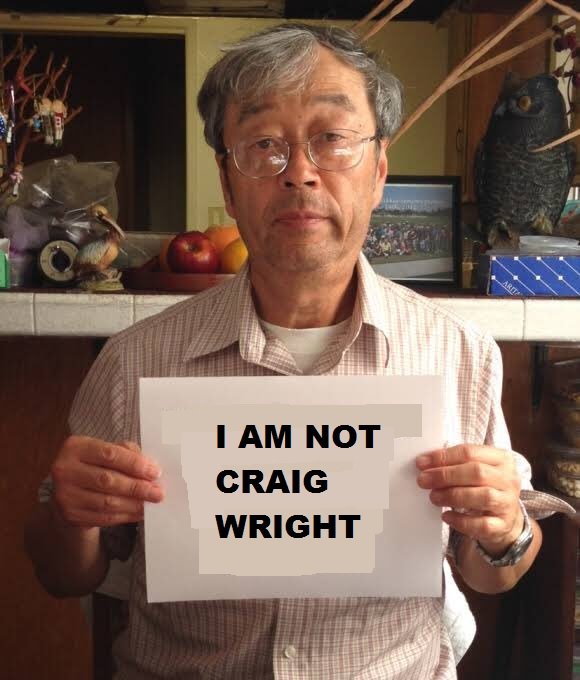
Fact check: this image might have been manipulated
In 2018, Hoback tweeted to Craig Wright: "I find your argument about Bitcoin's origin compelling, and I'd like to explore the possibility of doing a film about you." To me, having dabbled in journalism, that sounds like sucking up to a potential source. This was also long before he started doing serious research. He claims he worked on this project for the past three years.
Which clues did Hoback give so far?
Now let's watch the trailer if you hadn't done that already:
You can already see that this director is good at getting people to talk in a beautiful or dynamic environment. Apparently he visited Malta to interview Adam Back and his friends. It's not inspiring confidence in his research to see all these people who like to hear themselves talk, like Jack Mallers and Samson Mow. While it's mostly small-blockers associated with Blockstream, @rogerkver also makes an appearance, as well as Nouriel Roubini as the token critic. The only person named in the subtitles is a Prince Philip Karadordevic, who I'd never heard of. Apparently, the prince is working for the JAN3 startup in order to encourage Bitcoin adoption by nation states. I'd be more interested if Hoback had interviewed early Bitcoiners like Martti Malmi or Pizza Laszlo (and others who always remained anonymous, but might be contacted via Bitcointalk). Maybe such conversations will be there in the full version.
Several participants have reiterated that it would be irresponsible to identify Satoshi, e.g. Peter McCormack (quoted at the end of that article) and Adam Back. That puts them in a weird spot, especially Adam Back, described by Hoback as his 'entry point'. I know Adam's more introverted than the other talking heads here, but he has been coasting on his reputation for the past 15 years.
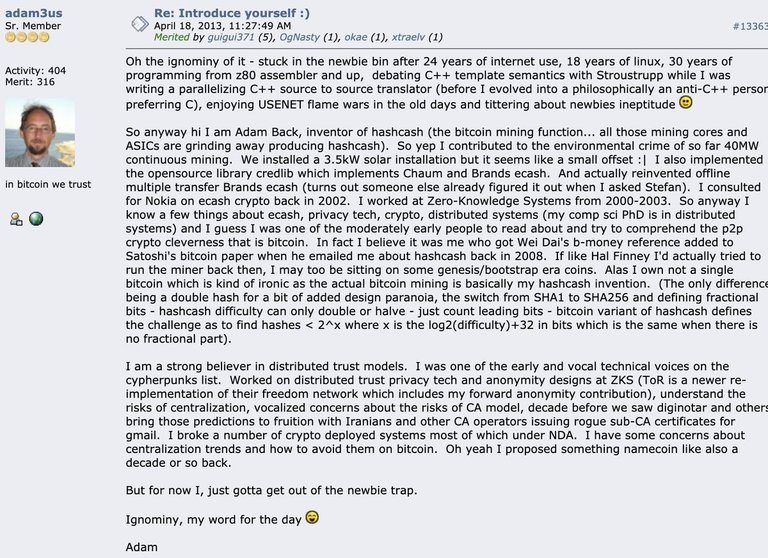
Adam Back introducing himself on Bitcointalk
Were they misled about the purpose of the documentary, or did they not believe it would find Satoshi? As Brennan pointed out about Q: Into the Storm, even the main character in a documentary does not typically get to fact-check or preview the end result. Indeed, Samson Mow says that Adam and his entourage signed up for more of a movie about Bitcoin adoption than a hunt for Satoshi. If Adam Back was Satoshi and wanted to reveal himself, it would have been more rational to do so during Craig Wright's crazy court cases. I do think it's possible that Adam Back will be named as Satoshi while denying it on screen.
In an interview with Fast Company, Hoback states:
I think there’s a narrative that exists that Satoshi disappeared and was never heard from again. I think if Satoshi is actively involved in driving global Bitcoin adoption, rendering themselves the richest person on Earth? That’s a different story.
I think we make a hell of a case in the film, and I think that who we land on is unexpected and is going to result in a fair amount of controversy.
'A hell of a case' suggests that he didn't find undeniable proof. Either he's being modest, or his candidate is no more likely than any of the other candidates who have been proposed by members of the Bitcoin community. 'Unexpected' suggests that it's not one of those, but on the other hand, what his HBO audience would find unexpected is not the same as what Bitcoiners would find unexpected.
For another clue, he tweeted:
For all you gamblers out there: I’m not entering this betting pool on #MoneyElectric: The Bitcoin Mystery, but I will confirm—we land on a specific name.
In an interview with CNN, he claimed that he eventually confronted his suspect face-to-face.

Cullen Hoback paying with Bitcoin, presumably in El Salvador
Is Polymarket predicting who'll be named?
Of course all the speculation on social media is driving attention to the Polymarket bet which, to be clear, is about who the documentary will identify as Satoshi, not who Satoshi really is.
I'm a fan of permissionless prediction markets, but I think most of the fans and users are underestimating their limitations. One major limitation does not apply in this case, namely that users will have to lock up money for months until the outcome of e.g. an election is known. But now we're witnessing another limitation: that users will have too much confidence in the frontrunner, because they assume that insiders are trading. There's a lot of dumb money circulating among lucky crypto traders.
This also makes this market easy to manipulate. Samson Mow tweeted that it was Adam Back as a joke, which made him the frontrunner for three short moments.
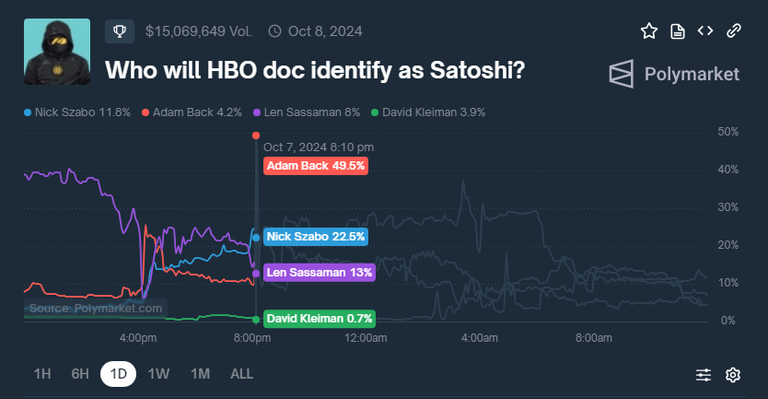
The theory that insiders will reveal the truth by betting doesn't hold here. Either they're OG Bitcoiners who don't need to make a quick buck and might even boycott Ethereum. Or they're filmmakers and journalists who aren't motivated by money and don't have enough savings to move the market anyway.
Yesterday, I bet on Other/Multiple when it was at 31%. Now it's at 68% and I might cash out before the market is decided. Given the clues, this would be a vote for Other rather than Multiple. The current frontrunners are Nick Szabo, Adam Back, Len Sassaman, David Kleiman, Hal Finney and Paul Le Roux. Sassaman, Kleiman and Finney are dead, while Le Roux is in prison. He was a violent drug dealer who confessed to murders after getting a plea deal for a 25-year prison sentence, while he was also responsible for most of the pharmaceutical spam mail sent in the first decade of this century.
Samson Mow tweeted: "Nick refused to talk to Cullen though", which probably excludes Szabo, although it might be consisted with him being confronted face-to-face.
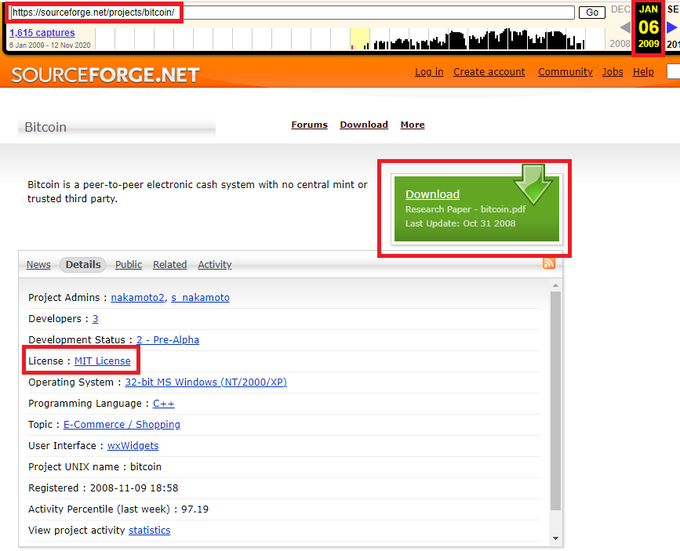
Bitcoin wasn't always hosted on Github or using Qt for the wallet GUI
I think it's a mistake to assume that Szabo, Back or Wei Dai are likely candidates because they had created or proposed similar technology before. On the contrary, that suggests they tried and failed to invent Bitcoin. There's a much larger population of unknown developers who could have invented Bitcoin by connecting a number of existing technologies.
I have to cut this short now before the Americans wake up and leaks start to appear, but I have my own thoughts about what kind of person Satoshi was. For example, he was much less political than Nick Szabo. As I wrote in a comment yesterday:
Satoshi's coding and communication style is that of an older Windows software engineer without a PhD, specialized in networks rather than cryptography. He was competent, but not a genius besides one breakthrough idea. (For example, the code was not well-organized and he hadn't heard of Wei Dai until Adam Back mentioned him.) Which makes it unlikely that he's anyone we'd heard of before.
Update: according to Forbes, the documentary is naming Peter Todd as Satoshi, based on a weird interpretation of a forum post. That's just plain nonsense. Of course he denied it.
There's also one of these vague data-linking services called Spokeo linking Satoshi's hacked email address to the name Peter Todd. As if he would use the same address for signing up to social media after carefully remaining anonymous.
And Izabella Kaminski tweeted: "the body language in the doc is the most compelling evidence." Mind you, she's saying that in support of the claim, not to dismiss it. That's the intellectual level of a former Financial Times reporter, now Senior Finance Editor at Politico Europe.
Peter has also repeatedly said "I'm Satoshi" as a joke, both during filming and on Bitcointalk. That's because he's a troll. Satoshi wasn't a troll, he was always straightforward and serious about his mission.
Note that people overestimate Peter Todd's contributions as a Bitcoin developer, because he's so vocal on forums and social media. He's #43 in the contributor list with 105 commits. Most of his commits after 2015 and before 2014 are minor housekeeping updates.
He does have good ideas sometimes, but he's so annoying to work with that even his small-blocker allies don't want to hire him as a Bitcoin developer. As far as I know, he's mostly been working as an independent information security consultant.